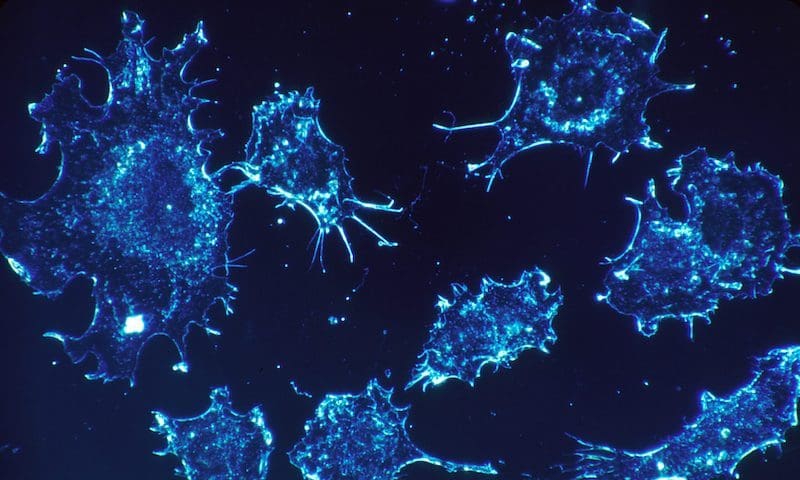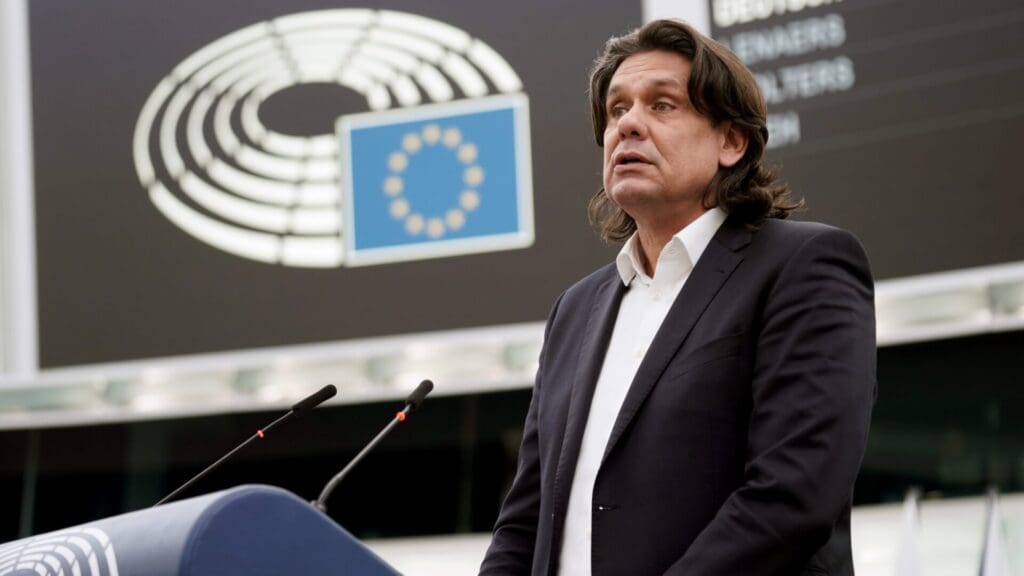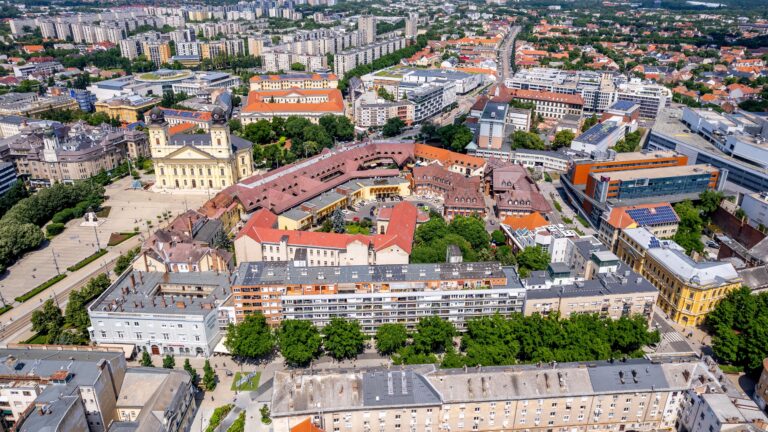The Organization for Economic Cooperation and Development (OECD) released its ‘EU Country Cancer Profile’ on Hungary earlier this month. Sadly, what they found was quite troubling.
Hungary had the highest cancer death rate per 100,000 population within the EU in 2019. 328 people out of 100,000 died from the disease on average, according to the latest data.
Croatia is second with 311, followed by Slovakia with 293. The 27 EU nations’ average stood at 247. Meanwhile, the country least affected by cancer deaths was Cyprus, where ‘only’ 195 out of 100,000 people succumbed to the illness.
The OECD report also goes into a deep analysis of what could have caused Hungary’s poor performance in the area. Smoking habits and obesity are two major predictors of cancer, and the country is doing worse than the EU average in both. In 2019, 24 per cent of deaths were related to poor diet, as opposed to 17 per cent in the EU; while smoking played a role in 24 per cent of Hungarian citizens’ deaths, compared to the 17 per cent average in the Union. Also, a higher percentage of Hungarians are overweight or obese (60 per cent) than EU citizens on average (53 per cent).
We are doing somewhat worse when it comes to alcohol consumption too. Typically, around six per cent of fatalities have to do with overconsumption of alcohol in the bloc; in Hungary, that number is seven per cent. However, we are right at the EU average in terms of lack of physical activity leading to death, two per cent. Also worth noting is that 17 out of 100,000 cancer cases are brought on by alcohol in Hungary. That is the second highest rate, only behind Slovakia.
What can we do to improve?
The OECD report commends our country for spending 3.7 per cent of its total health expenditure on preventative campaigns against drinking and smoking, which is higher than the EU average (3.4 per cent). However, it also points out that there is a persistent shortage of cancer care specialists in Hungary.








